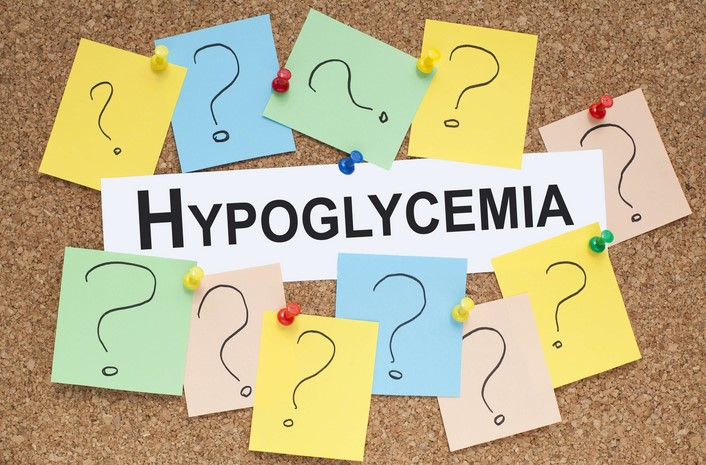Understanding Reactive Hypoglycemia: Causes and Management After a Glucose Tolerance Test

Reactive hypoglycemia is a condition that can cause a variety of symptoms, including fatigue, dizziness, and confusion. It is caused by a sudden drop in blood sugar levels after eating, usually within two hours after eating. The condition is often diagnosed after a glucose tolerance test, which measures how quickly the body can process glucose. This article will discuss the causes and management of reactive hypoglycemia, as well as the importance of a glucose tolerance test in diagnosing the condition.
Exploring the Causes of Reactive Hypoglycemia After a Glucose Tolerance Test
Reactive hypoglycemia is a condition that can occur after a glucose tolerance test, in which a person experiences a sudden drop in their blood sugar levels. This can cause a range of symptoms, including dizziness, sweating, confusion, and fatigue. While the exact cause of reactive hypoglycemia is not known, there are several potential factors that may contribute to its development.
One possible cause of reactive hypoglycemia is an overproduction of insulin. After a glucose tolerance test, the body may produce too much insulin in response to the sudden influx of glucose. This can cause the blood sugar levels to drop too quickly, leading to hypoglycemia.
Another potential cause of reactive hypoglycemia is an impaired ability to metabolize glucose. People with certain medical conditions, such as diabetes, may have difficulty metabolizing glucose, which can lead to a sudden drop in blood sugar levels.
Finally, certain medications can also contribute to the development of reactive hypoglycemia. Some medications, such as beta-blockers and diuretics, can interfere with the body’s ability to regulate blood sugar levels.
While the exact cause of reactive hypoglycemia is not known, it is important to be aware of the potential factors that may contribute to its development. If you experience symptoms of hypoglycemia after a glucose tolerance test, it is important to speak to your doctor to determine the cause and receive appropriate treatment.
Managing Reactive Hypoglycemia After a Glucose Tolerance Test: Diet and Lifestyle Changes
Reactive hypoglycemia is a condition that can occur after a glucose tolerance test. It is characterized by low blood sugar levels that occur after eating a meal. If left untreated, it can lead to serious health complications. Fortunately, there are several diet and lifestyle changes that can help manage reactive hypoglycemia.
The first step in managing reactive hypoglycemia is to make dietary changes. Eating smaller, more frequent meals throughout the day can help keep blood sugar levels stable. It is also important to include complex carbohydrates in your diet, such as whole grains, legumes, and starchy vegetables. Eating protein with each meal can also help slow the absorption of sugar into the bloodstream.
In addition to dietary changes, lifestyle modifications can also help manage reactive hypoglycemia. Regular exercise can help regulate blood sugar levels and reduce the risk of hypoglycemia. It is also important to get enough sleep and reduce stress levels, as these can both affect blood sugar levels.
Finally, it is important to monitor your blood sugar levels regularly. Keeping a log of your blood sugar levels can help you identify patterns and make adjustments to your diet and lifestyle accordingly.
By making these diet and lifestyle changes, you can help manage reactive hypoglycemia and reduce the risk of serious health complications. If you have any questions or concerns, be sure to speak with your doctor.In conclusion, understanding reactive hypoglycemia is important for those who are at risk of developing the condition. The Glucose Tolerance Test is a useful tool for diagnosing reactive hypoglycemia and determining the best course of treatment. With proper management, individuals with reactive hypoglycemia can lead healthy and active lives.